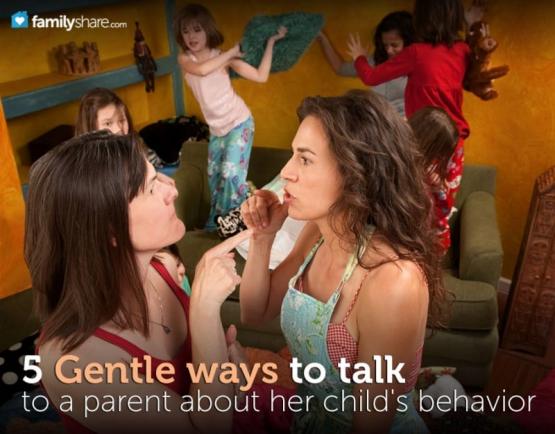
"Mom, can we talk? Things are getting a little out of hand with some texts I've been getting, and I'm not sure what to do about it."� Your teenage son's been trying his best to smooth over an issue that happened six months ago, but the other person can't seem to get past it. Fortunately he was wise enough to ask for advice on how to handle the situation. Sticking to Family Rule #1 he spoke his truth with love and respect. Things seemed fine at first, but unresolved teenage emotions and misguided "wisdom"� from other friends stirred up bitterness in his classmate that continued to escalate.
Apologizing and asking what he could do to change the dynamics of the relationship got him nowhere. The texts became more frequent and hurtful. You're on friendly terms with the classmate's mom, so you and your son decide the next best step would be for you to update her on the recent developments. However, knowing how sensitive parents can be about their children's behaviors, you're not sure of the best way to approach the subject with the other mom. Exactly what would be the safest ways to go about it?
1. Speak your own truth with love and respect
Begin the conversation by telling the mom that your intention is to help you and your son understand the situation from her child's perspective in an effort to create harmony between the two teens. Present to her the information you have about what's happening and ask if there's anything she's seen or heard that can shed light on her child's outlook for you. Respect her point of view and continue speaking your truth, staying mindful of how delicate a conversation like this can be.
"I"� messages are one of the healthiest ways to keep everyone's emotions in check and to help you voice your truth. Express to her what you've seen and heard and let her know what the effects of both sides of the situation have been on your son - and her daughter. "I"� statements eliminate the potential for blame, redirect and soften anger and open the door for healthy discussions and resolutions.
2. Keep your composure
Parents often get defensive about their children regardless of the tone of the conversation. If you sense the mom is starting to shift into that type of mindset, reassure her that your call is not about placing blame, but in finding a resolution. Remain as calm as possible if the dialogue becomes combative. Lean on your "I"� statements to continue expressing your feelings and emotions about the circumstances and allow the peace talks to progress.
3. Stay focused
If the other parent's words attack not only you but also your son, do your best to bring the conversation back to what can be done to fix the problem rather than who was the cause of it. This can be extremely challenging when your child's character is being slandered, but remaining calm and focused can keep an already fragile situation from becoming explosive.
4. Call a truce
. It may end up being that you as parents agree to disagree, and that's OK. This is a perfect opportunity to practice being love rather than being right. Perpetuating the need to have the last word or to win the battle with the child's parent is no different from what your son's classmate has been doing to him. The path to the high road can quickly become rocky, and it's then that your safety becomes a priority. Maintain your integrity by peacefully ending the conversation before any more repairs to relationships need to be made.
5. Know when to end the conversation
If the other parent continues to attack your son's character, even after you've apologized and promised to address the issues with your son, gracefully end the conversation. It's never OK for another person, let alone an adult, to slander your family's character regardless of the events leading up to the phone call. Remembering to use your "I"� messages, tell the other mom you feel as if the discussion is no longer productive and it would be best to finish it another time.
A secondary effect of your getting involved in this matter is you become an example of healthy conflict resolution for your son. Having the awareness to distance yourself from the heightened emotions is one of the best ways of being that example. Don't worry about hurting the other person's feelings by ending the call even if a solution hasn't been reached. Defending your family by choosing love in order to prevent any further damage is, in essence, a problem solved.
Every situation is different, and every person you encounter will have her own way of handling themselves. While you'll never be able to predict the reactions of others, you'll always be able to control your own. It's imperative in the midst of conflict to treat the other person with love and respect regardless of their behavior. Even if the outcome doesn't produce the results you desired, you'll know you represented your family with dignity and equipped your son with effective problem-solving skills that will last him a lifetime.

